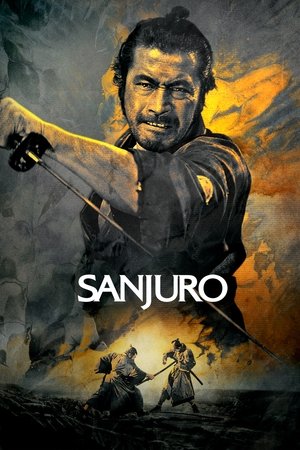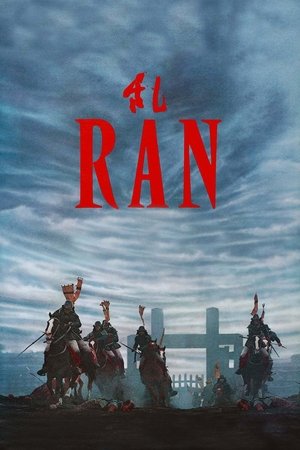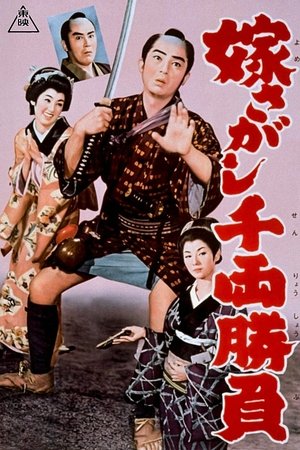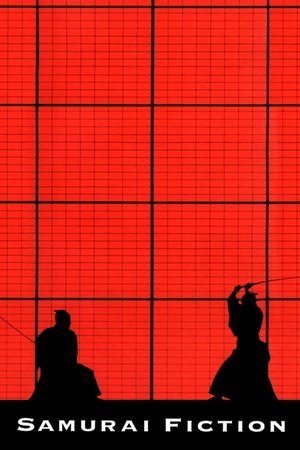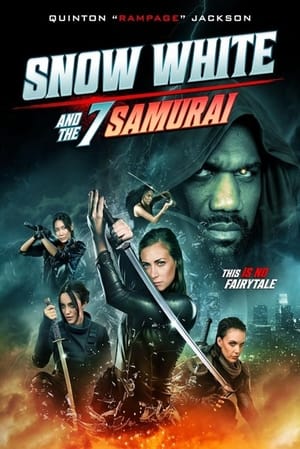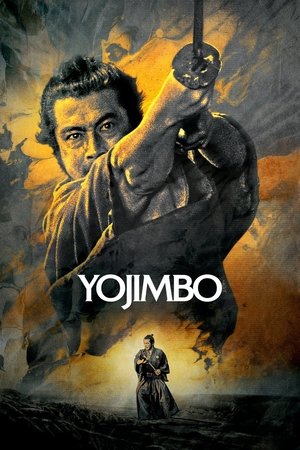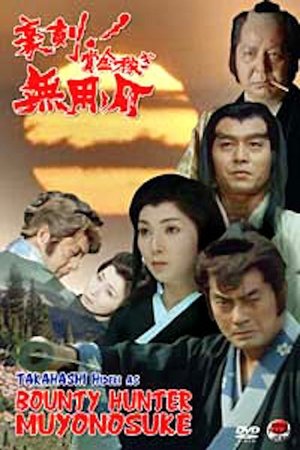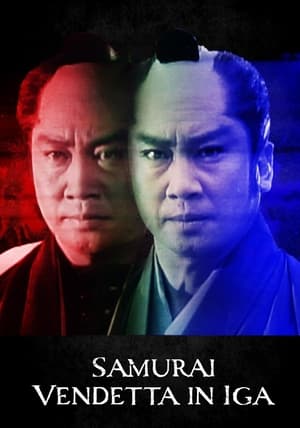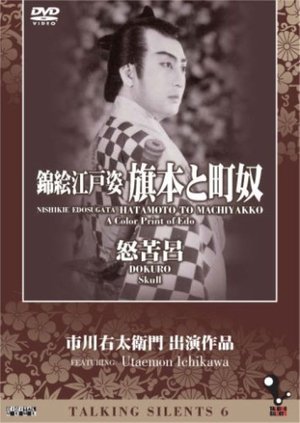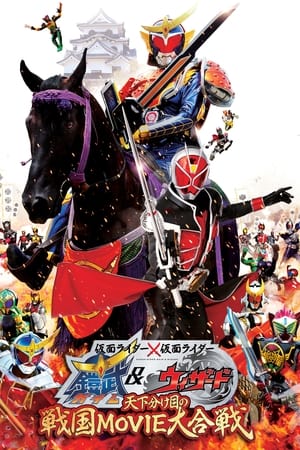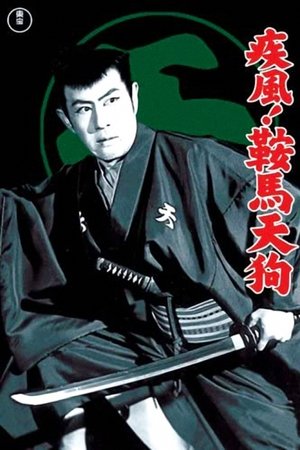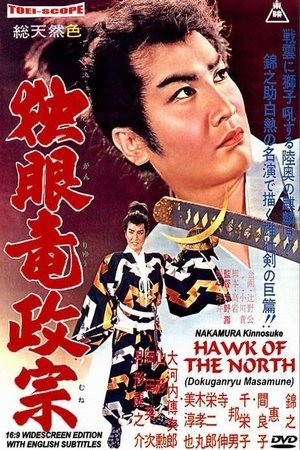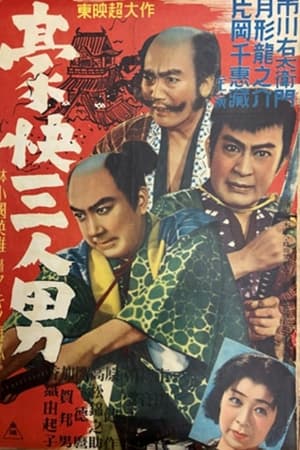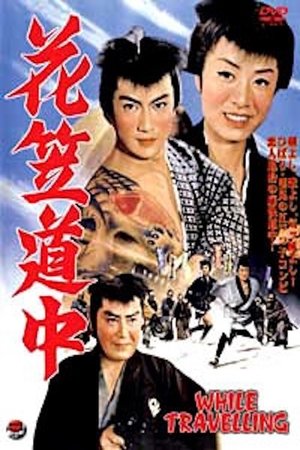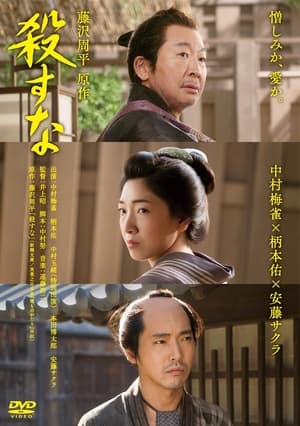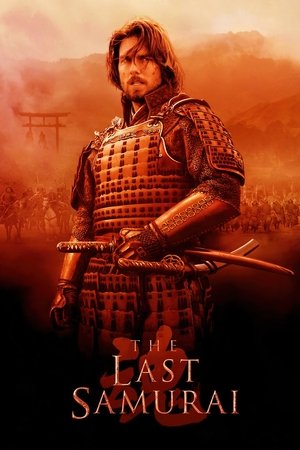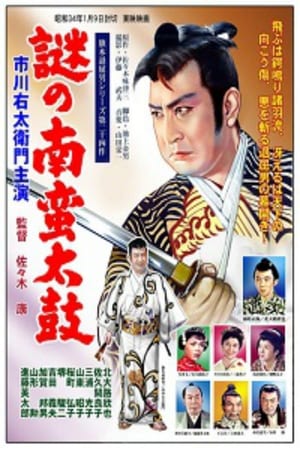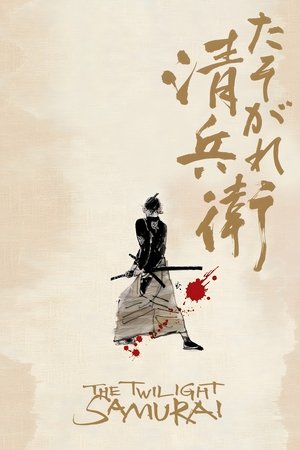Overview
In 16th century Japan, a young man has to choose between becoming a master steel maker like his father and grandfather before him, or becoming a samurai so that he can help protect his village from attacks by the various clans which want the high-quality steel made there.
Reviews
A young man heeds the call of adventure in Yoshinari Nishikori's Tatara Samurai, leaving his idyllic village to become a soldier. He soon has second thoughts — but violence is coming his way, like it or not, in a movie that sometimes echoes its hero's ambivalence by toying with viewers' expectations of swordslinger cinema. Genre fans should respect the picture if not embrace it wholeheartedly, but history buffs will find something to appreciate as well in this 16th-century tale.
Gosuke (Sho Aoyagi) comes from a family of men who make steel. Their village, Tatara, is renowned for the quality of that steel, whose strength is prized for swordmaking; its resistance to rust will make the commodity even more valuable as guns become a central part of warfare.
With that transition beginning and clans battling each other nearby, Gosuke realizes that peasants are less bound than usual to their roles in feudal society. "Now is a time when anyone can move up," as one man puts it. And joining the ranks of Lord Oda's army is one path to a samurai's wealth and status. He says goodbye to his fiancee, breaks his father's heart and leaves.
Dazed by his first serious encounter with carnage, Gosuke is told that he should return home and "embrace your destiny" as a metalworker. The readiness with which he agrees is a little puzzling given how eager he was to become a samurai, but this is a film that often leaves characters' motivations obscure, at least to a Western viewer's eyes.
That can be frustrating on occasion, but it works well in the case of Yohei (Masahiko Tsugawa), an aging merchant who wants to convince Tatara's mayor to sell him steel for gunmaking. Soon after Gosuke's return, Yohei arrives with the news that Lord Oda intends to attack the town and take what he needs. He offers the town guns, mercenaries and training to defend themselves; though villagers argue about taking this sort of help, the die is cast as soon as one of them has his first experience firing a musket.
If the film's first half didn't hew to the hero's-journey template we expected, neither does this section turn out to be a Seven Samurai-like tale of outsiders helping peasants defend themselves. Sinister things are afoot, and one happy consequence is that the dramatic burden ceases to fall exclusively on Aoyagi, who performs creditably but has a hard time expressing the character's interior conflicts. One of Gosuke's friends, Shinpei (Naoki Kobayashi), has a spark he lacks, but the film doesn't make the best use of the actor when Shinpei gets involved in third-act intrigue.
Akira Sako's photography makes good use of very beautiful landscapes, lending weight to the script's talk of tradition and pride in craftsmanship. Though hardly a heart-thumping action pic, a few scenes of swordplay make the most of that precious Tatara steel.

 135 min
135 min
 5.5
5.5
 2017
2017
 Japan
Japan
 part-mozi wrote:
part-mozi wrote: